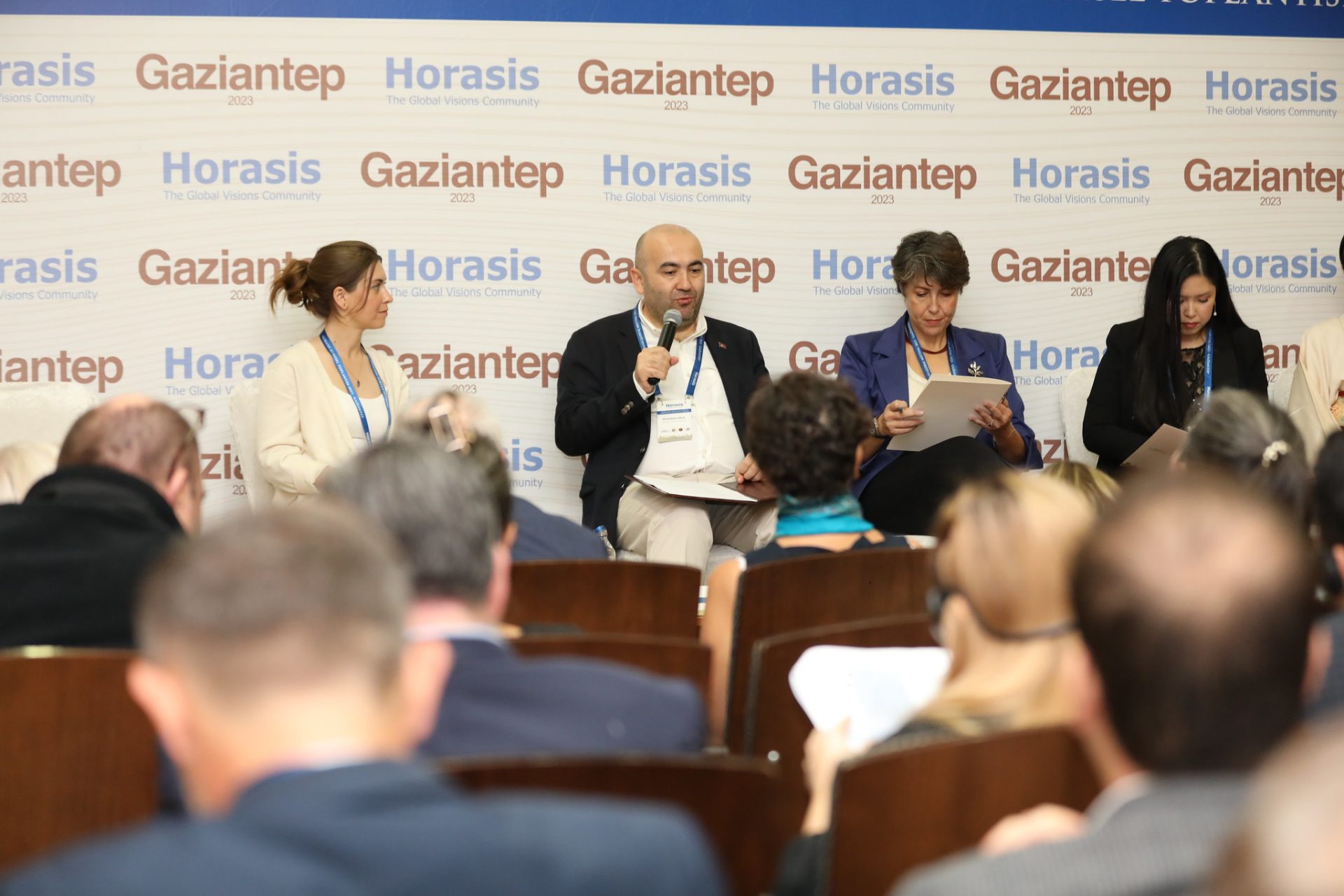Inflation on the Rise
Rising inflation has become a pressing issue in many parts of the world, with its ripple effects being felt most acutely in the prices of necessary goods and the allocation of resources for socioeconomic development.
Inflation has been on a persistent rise since the pandemic. Median global inflation soared from 1.9% in 2020 to 8.7% in 2022, and while it has moderated to 3.1% in Q2 2024, it still remains well above pre-pandemic levels. The US offers a stark example of this trend, with consumer prices increasing by 3.4% in 2023 and a staggering 22.7% over the past five years. This inflationary surge is putting immense pressure on household finances, with 67% of homeowners struggling to meet monthly expenses and nearly half seeking additional income streams.
Global supply chain disruptions, soaring energy costs and geopolitical unrest have ignited inflationary pressures, affecting consumers, businesses and governments globally. Post-pandemic, as demand surged, supply bottlenecks hindered suppliers’ ability to meet the increased demand, further exacerbating inflation. Empirical studies have revealed that there lies a strong correlation between supply chain disruptions and inflationary spikes, particularly in the US and Eurozone.
Additionally, soaring energy prices have wreaked havoc on global economies. They’ve fueled rampant inflation, pushed millions into poverty and forced businesses to scale back or close. Emerging markets, particularly reliant on energy and food, have suffered disproportionately, exacerbating poverty and hindering progress towards universal energy access. Even developed nations have felt the strain, with vulnerable households and economies bearing the brunt of rising costs.
The devastating effects of higher inflation have also reversed hard-won gains in poverty reduction since the pandemic. The World Bank warns that the triple threat of the pandemic, the Ukraine war, and the global energy and food crisis has forced an additional 75-95 million people into extreme poverty in 2022, compared to pre-pandemic forecasts.
“Persistently high inflation has further set back progress in poverty eradication, with especially severe impacts in the least developed countries,” said Li Junhua, United Nations Under-Secretary-General for Economic and Social Affairs. “It is absolutely imperative that we strengthen global cooperation and the multilateral trading system, reform development finance, address debt challenges and scale up climate financing to help vulnerable countries accelerate towards a path of sustainable and inclusive growth.”
Government Support
Governments face a delicate balancing act when responding to inflation. They must mitigate its effects without stifling economic growth or worsening public debt. The US Inflation Reduction Act (IRA), enacted in August 2022 has already spurred over US$380 billion in private sector investment, promising long-term economic growth and opportunities for underserved communities. By investing in domestic supply chains, renewable energy and energy efficiency, the IRA aims to lower costs, create jobs and reduce greenhouse gas emissions.
In Southeast Asia, the Indonesian government implemented several measures to combat rising inflation. These measures included strengthening interregional supply chains for essential goods like food and its ingredients. To mitigate the impact of global commodity price increases, the government expanded its subsidy budget for 2022 and maintained subsidized fuel prices. They have also adjusted certain subsidized fuel prices to alleviate budgetary strain while providing additional cash transfers and wage subsidies to vulnerable populations.
The geopolitical upheaval caused by the Russia-Ukraine conflict and subsequent sanctions has forced Europe to reevaluate its energy strategy. To secure energy supplies, the EU has rapidly increased gas imports from alternative sources like Algeria, Norway, and Azerbaijan. Additionally, many member states have turned to traditional fossil fuels, such as coal, and extended the life of nuclear power plants. To further bolster energy security, the EU has implemented stringent gas storage requirements and voluntary targets to reduce energy consumption through efficiency measures, renewable energy expansion, and support for efficiency upgrades.
The current inflationary surge presents significant challenges to both consumers and governments. While national policy measures are crucial, multilateral cooperation and financial support are equally vital to ensure that the prices of necessary goods remain controlled. Through a combination of short-term interventions and long-term structural reforms, governments along with key stakeholders can help protect vulnerable populations and sustain socioeconomic development amid rising inflation.
Photo Caption: Inflation has been on a persistent rise since the pandemic.



